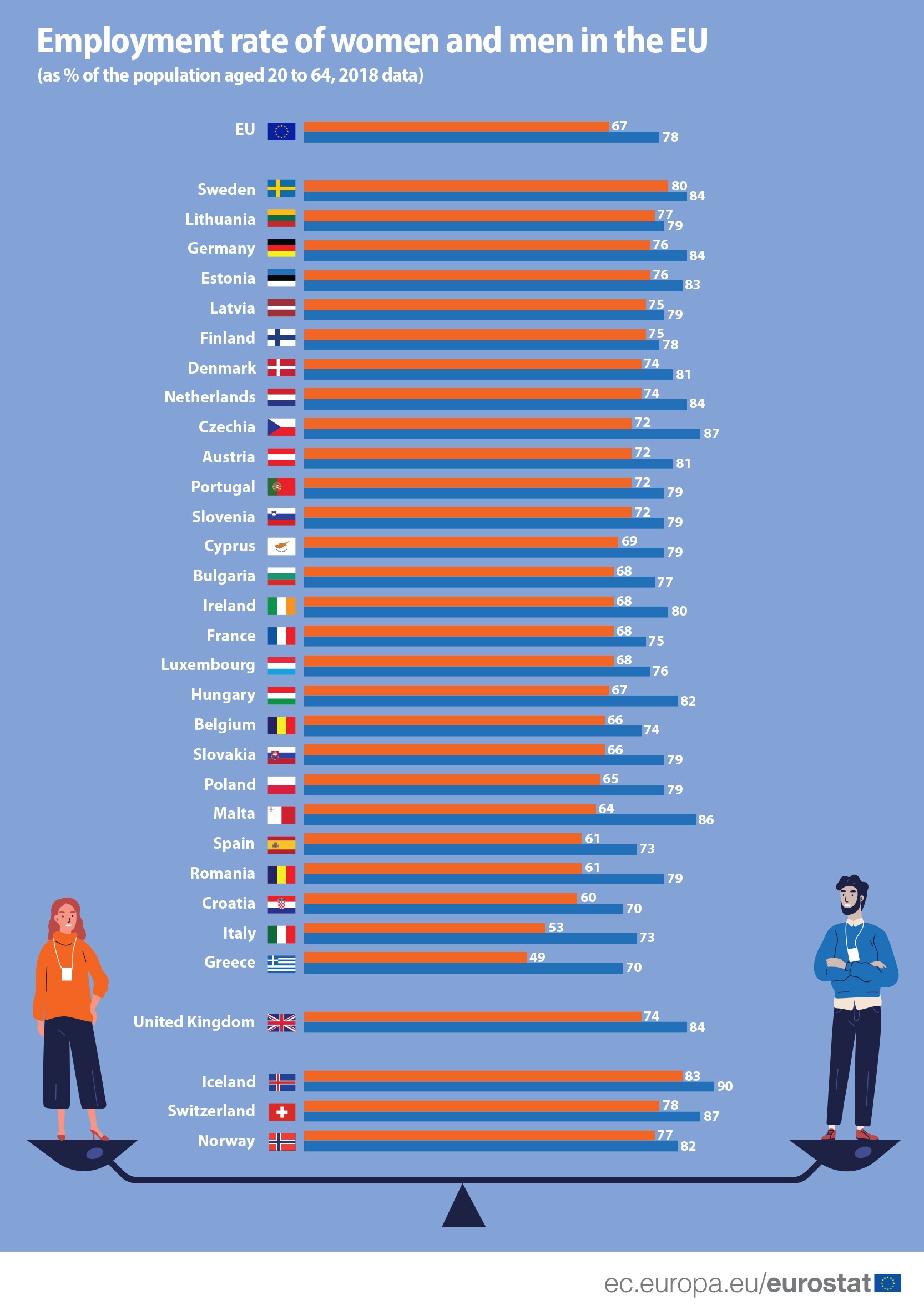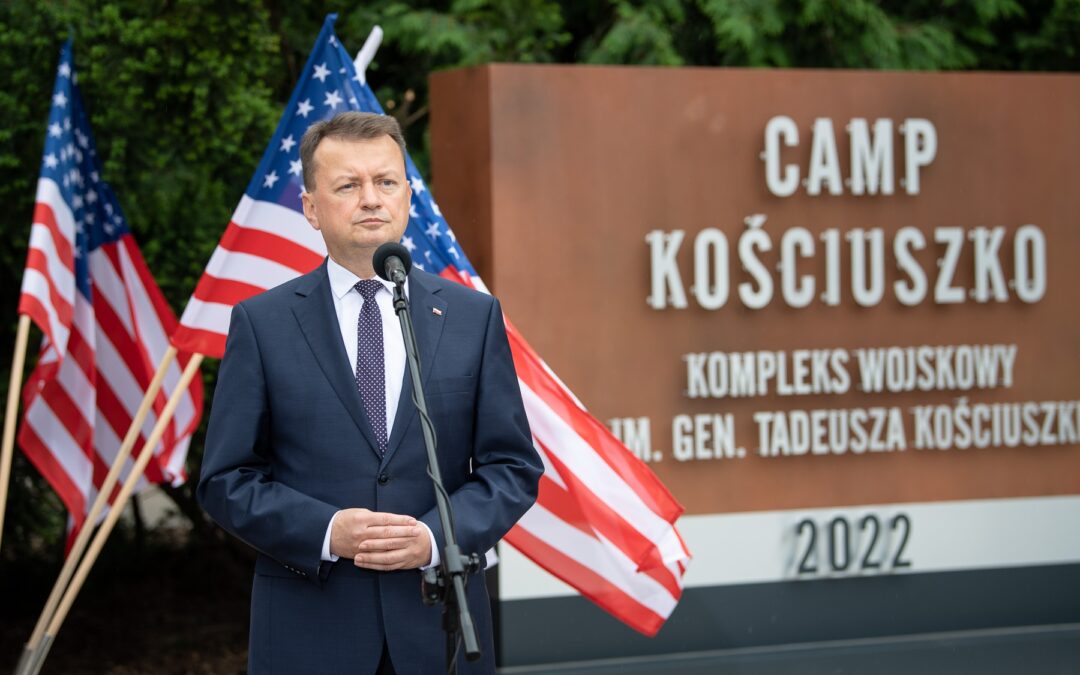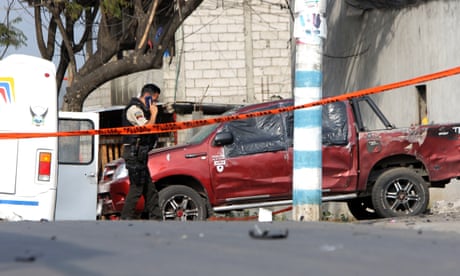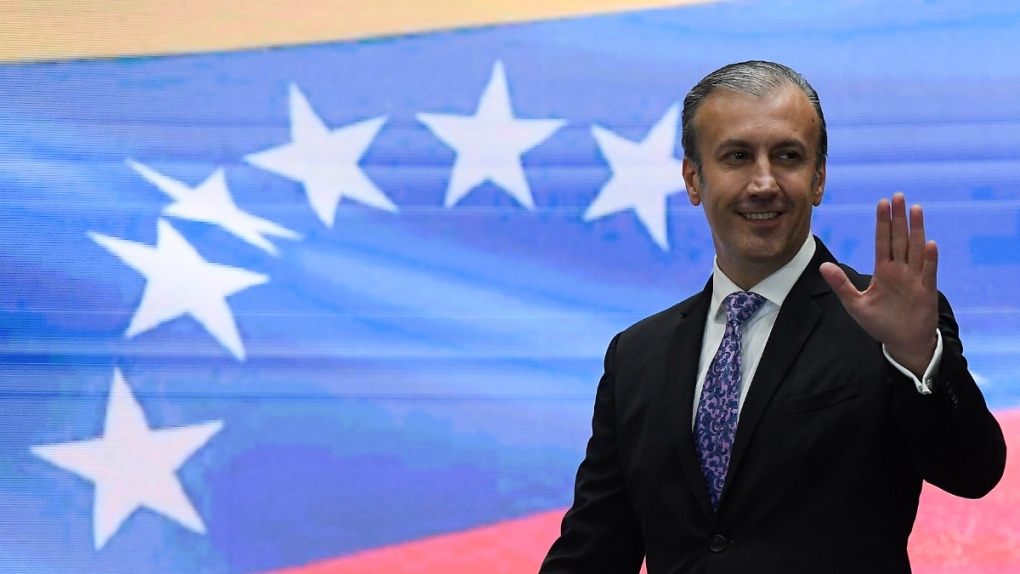Polish opposition party proposes payments for mothers who return to work
Mothers who return to work after maternity leave would receive state benefits of 1,500 zloty (€320) per month under a policy announced by Donald Tusk, Poland’s main opposition leader. He named the idea “granny payments” (babciowe in Polish) because grandmothers often care for children while mothers work.
“Fifty percent of mothers do not return to work after maternity leave, despite the fact that 92% express such a desire,” said Tusk during a speech yesterday in the city of Częstochowa. “Often they can’t because they have no one to leave their child with or no money for a nursery.”
“I hope this ‘granny payment’ of 1,500 zloty until the child is three years old can give a sense of relief, satisfaction and a sense that someone finally understands the Polish woman who, after giving birth, after the first months of upbringing [the child], wants to return to work,” he added
“A woman in Poland wants to have a choice,” continued Tusk, leader of the centrist Civic Platform (PO), Poland’s largest opposition party. “She doesn’t want the authorities, the church, her husband, or a prosecutor to decide how her life should look.”
Explaining why he had called it a “granny payment”, Tusk said that, while a woman could use the money for a nursery or preschool, “she can also share it with the proverbial, symbolic grandmother”.
His announcement follows a speech on Monday at which Tusk declared that women’s rights is the “number one issue” in Poland under a conservative government that has overseen the introduction of a near-total abortion ban, restrictions on the availability of morning-after pills, and ended state funding for IVF.
Tusk’s latest proposal has, however, elicited criticism from other parts of Poland’s opposition, especially figures from the left, who argue that it does not solve the problem that not enough childcare is available.
“In two thirds of districts there are no places in childcare for children under three and 1,500 [zloty] for grandma doesn’t solve the problem,” tweeted Magda Biejat, one of the leader of the Left Together (Lewica Razem) party.
“We need a nursery in every district, encouraging the taking of paternity leave, and fighting against discrimination of women in the labour market,” she added.
Meanwhile, a government minister argued that Tusk was proposing to introduce something that already exists.
“What Donald Tusk thought up has already been functioning for a year,” tweeted Barbara Socha, the deputy family and social policy minister, pointing out that the government’s Family Care Capital (RKO) programme and “500 plus” child benefit scheme already together provide 1,500 zloty per month.
Some commentators pointed out, however, the RKO programme is only available from the second child onwards. Tusk’s proposal also appears to be an additional payment on top of existing benefits.
Socha also noted the government has improved pension conditions for grandmothers and lowered the retirement age for women by seven years from what Tusk’s previous PO government introduced. “That’s seven more years for time with the grandchildren,” she wrote.
Poland’s current government, led by the national-conservative Law and Justice (PiS), has made boosting social programmes, in particular for families and the elderly, a cornerstone of its time in power.
However, despite a declared aim for such payments to boost Poland’s birthrate – which is one of the lowest in the European Union – the number of children being born in Poland has continued to decline, last year reaching its lowest level since the Second World War.
According to Eurostat data from 2018, the employment rate among women in Poland aged 20-64 was 65%, slightly below the EU-wide figure of 67%.

Main image credit: S O C I A L . C U T/Unsplash

Daniel Tilles is editor-in-chief of Notes from Poland. He has written on Polish affairs for a wide range of publications, including Foreign Policy, POLITICO Europe, EUobserver and Dziennik Gazeta Prawna.
MAR 24, 2023
SEE
BABA CARE
LA REVUE GAUCHE - Left Comment: The ABC's of Privatizing Daycare











